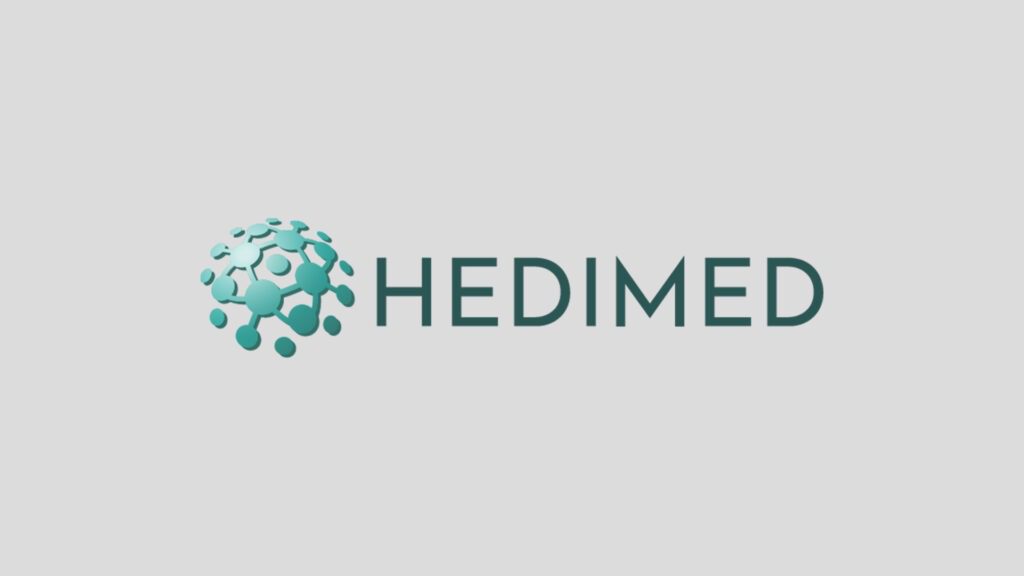The concept of building a public platform will serve in a more effective way the dissemination of the project results in anonymized and aggregated forms as they come from open datasets. The potential audience of this platform consists of family members, citizens, patient organization members and decision makers. It aims to raise public awareness and provide decision making purposes.
The toolbox created for this platform is based on the Apache Superset and includes dashboards, different kind of charts (stacked bar, clustered bar, line, area and stacked area charts). The accounts are role based and the permissions are settable.

Except from plenty of different chart types, different dashboards can also be designed. Its components include customized tabs, rows, columns, headers and markdowns. Created charts of course can be presented through the dashboard, as well.
So far, the demo version of the platform used summary-level data that has been published as part of a publication by Tampere University. The tool turns the publication’s images into interactive visualizations that can be better used for studying the results and drawing conclusions.
About the project:
HEDIMED project will address the interactions between external and internal exposomes to identify pathways that are critical for the development of IMDs. The study is based on a multidisciplinary approach combining modern omics technologies, multiplex assay technologies and intelligent sensoring with unique samples and data from dynamic birth cohorts, clinical exposomic intervention trials and cell and organoid cultures, land cover, air quality and reflectance data from earth observation satellites, and advanced data mining platforms and the modelling of economic impacts of exposomic determinants of IMDs.
The project will run during years 2020-2024 and it receives funding from the European Union’s Horizon 2020 programme, as well as from the participating organizations.

